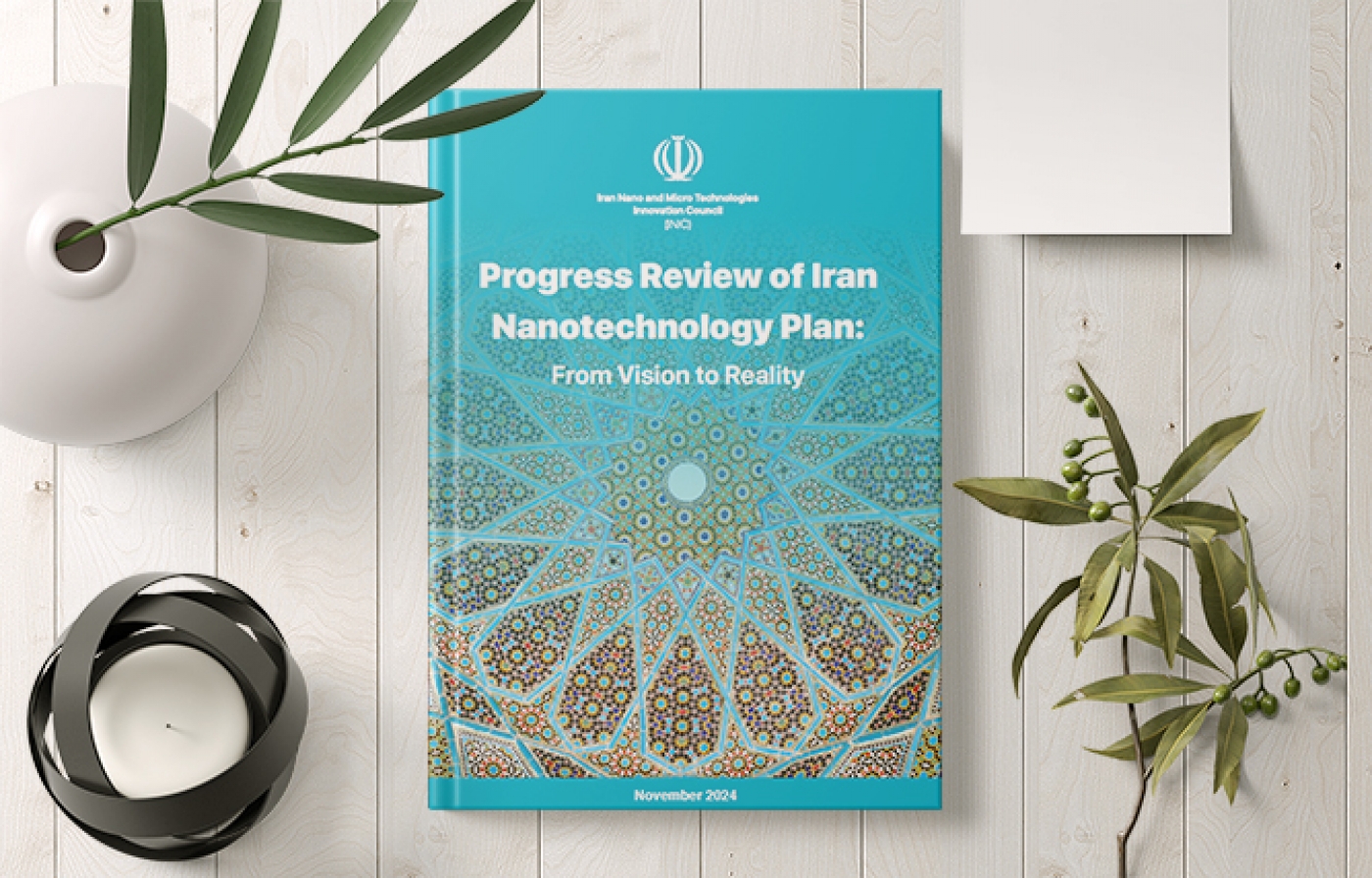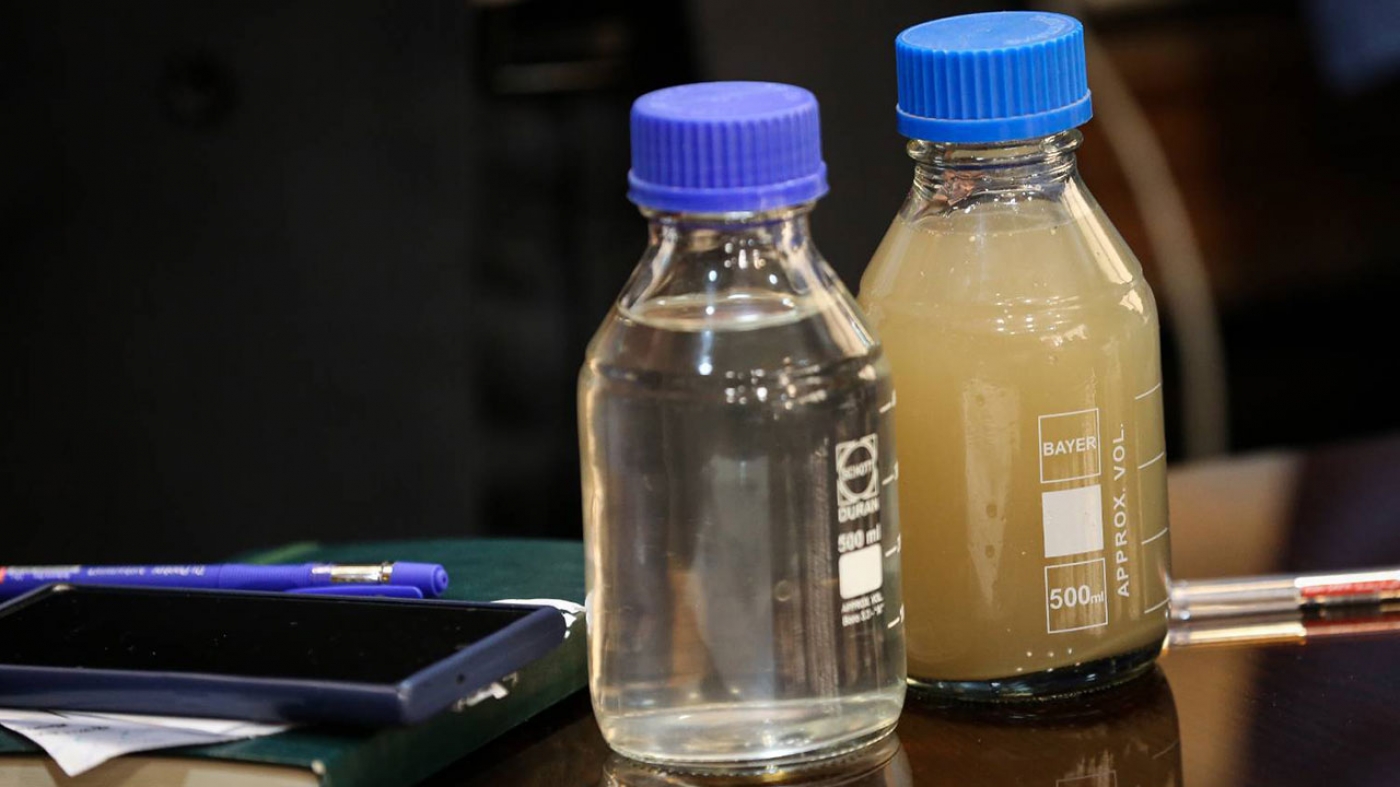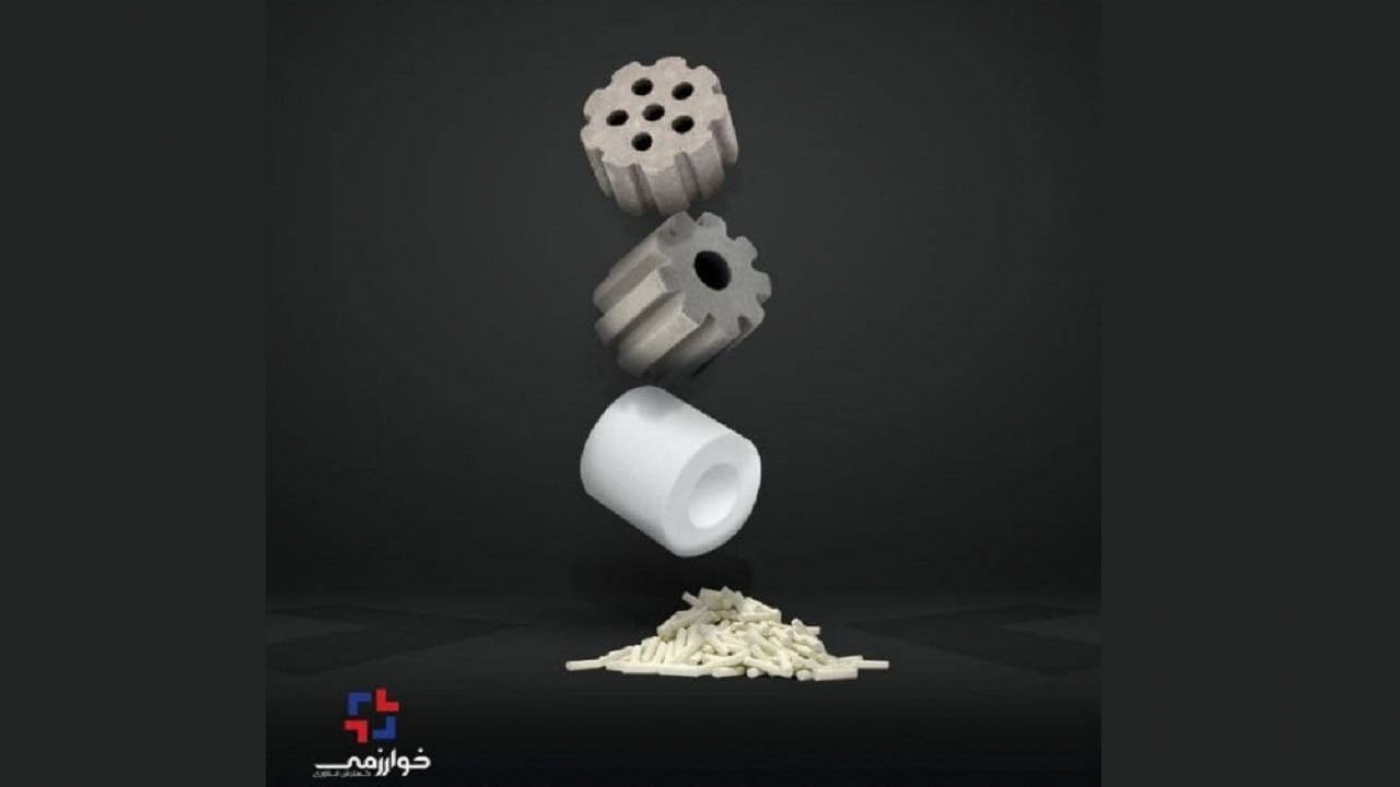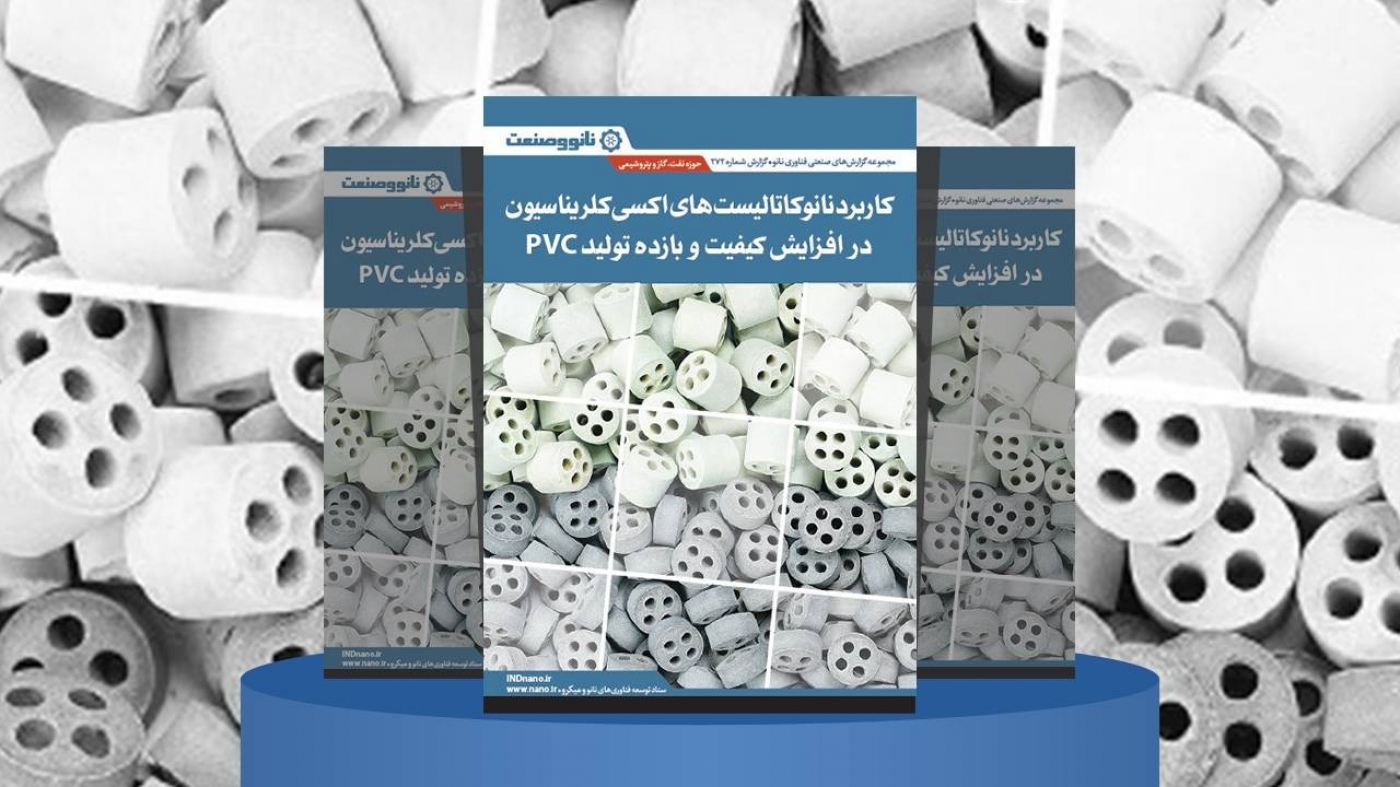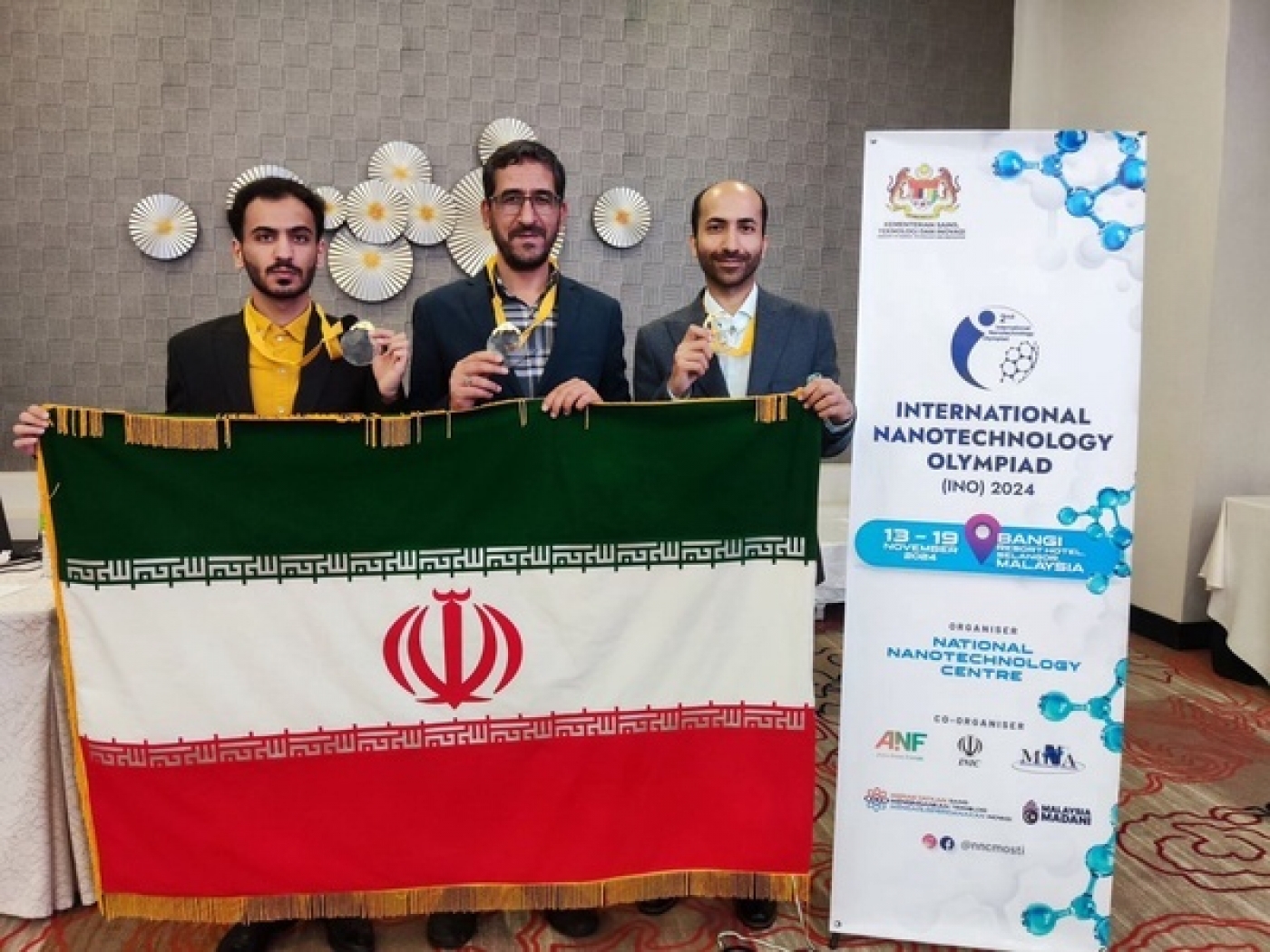One focus area is mission-oriented policies aimed at crucial sectors such as water and environment, energy, agriculture, health, and construction. Notable efforts in the water and environment sector, for example, include projects like proton exchange membranes, arsenic nano-absorbents, and solar desalination systems, which are aimed at delivering safe drinking water and treating industrial wastewater.
Additionally, INIC has placed a strong emphasis on public education, aiming to raise awareness and foster talent in nanotechnology. Since 2024, “NanoClub” training events have reached 1.8 million students. Furthermore, nationwide competitions and the “Karno” event have helped to promote nanotech knowledge across schools and universities.
The report also highlights Iran's prominent position in global nanotechnology research. By the end of 2023, the country ranked fifth worldwide with approximately 12,000 ISI-indexed articles in nanotechnology. The field now includes around 42,000 researchers across 80 universities, further reflecting a deepening academic and research foundation.
Moreover, INIC’s support has fueled 178 startups across 12 industrial sectors, with the Iran Nanotechnology Laboratory Network expanding to 80 centers that have provided over 9 million services. As of mid-2024, Iran boasts 324 patents in nanotechnology, showcasing a robust push in technological development. Iran’s industrial strides in nanotechnology are likewise evident, as the number of nanoproducts increased from 11 in 2008 to nearly 1,700 in 2024. The Technology Exchange Network, which connects companies and technologists to solve industrial challenges, has facilitated over 4,600 requests, resulting in over 300 successful projects.
In terms of market impact, the value of nanoproducts continues to grow steadily. By 2023, the domestic market for nanotechnology surpassed $1.6 billion, with exports reaching $145 million, marking a significant impact on both national and international markets.
Additionally, INIC’s focus on standards has propelled Iran into the global top five in nanotechnology standardization, with 12 international and 170 national standards now established.
Lastly, Iran’s partnerships with international bodies, including the EU-Asia Dialogue on Nanosafety, and organizations such as INN, ECO, and BRICS-NCMSN, have helped advance global initiatives in nanotech safety, standardization, and innovation.
This report has been published electronically and is available to policymakers, researchers, and professionals in the field of nanotechnology.
